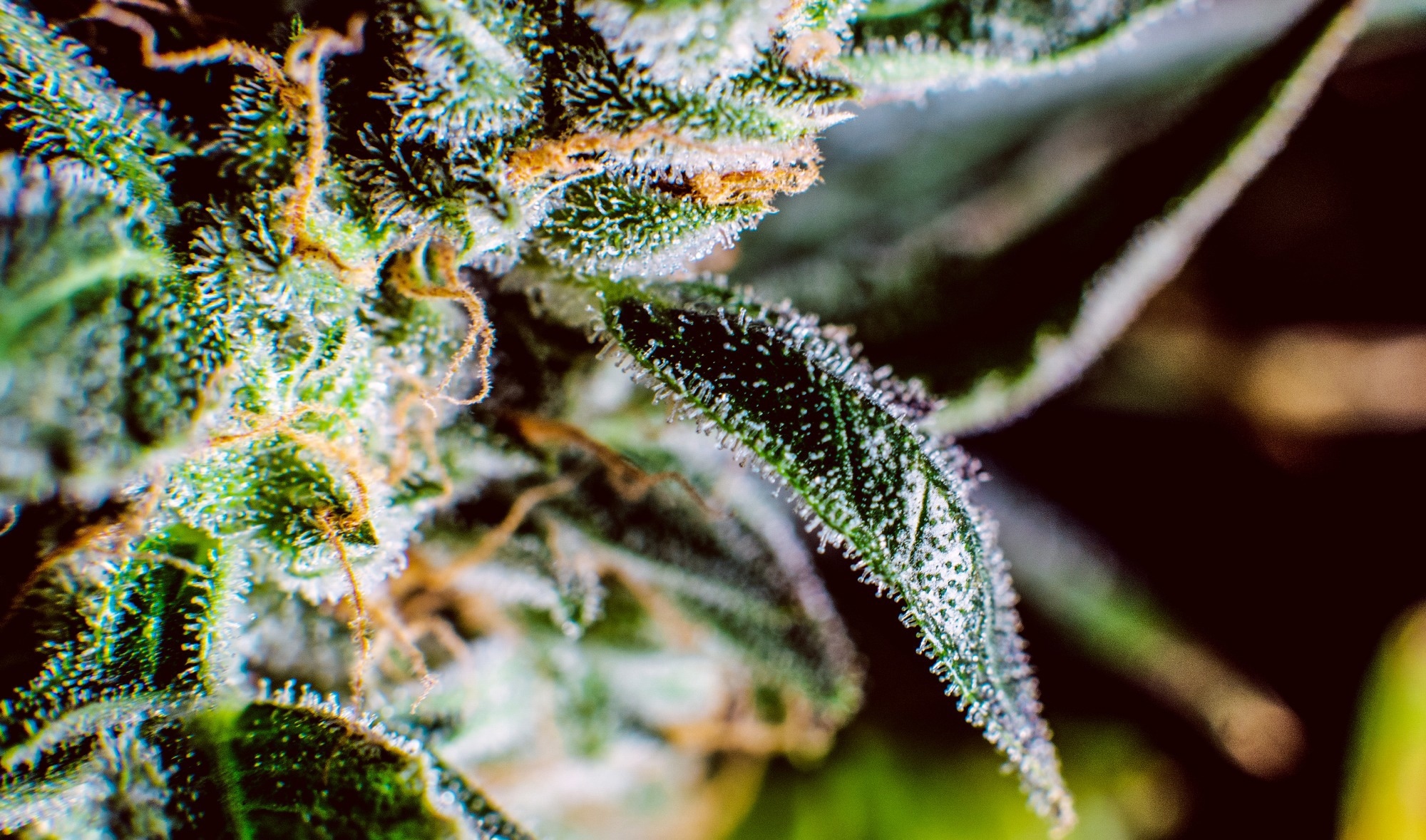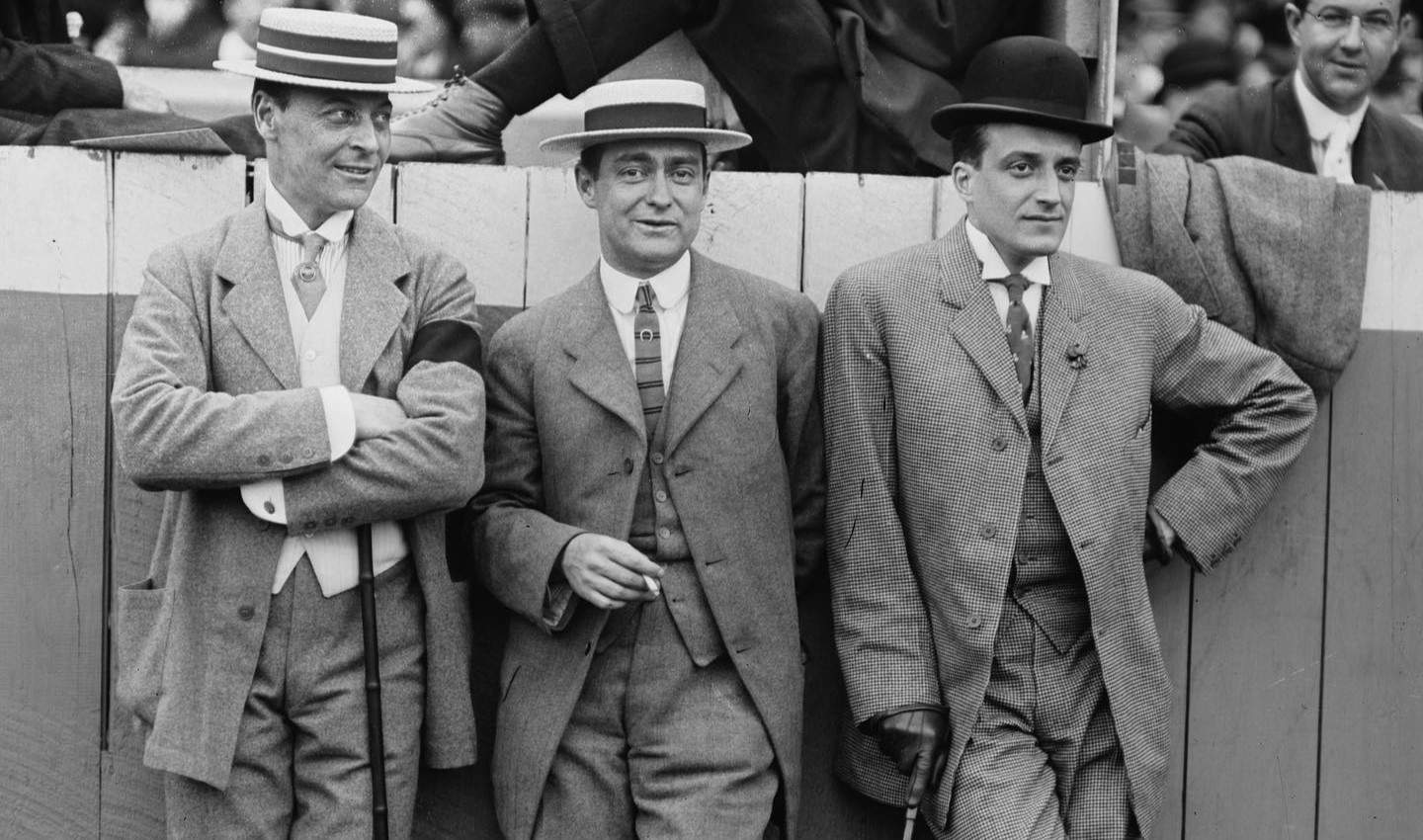Scientists at Washington State University, USA, have conducted a clinical trial to investigate the acute effect of cannabigerol on anxiety, stress, and mood in healthy individuals. They have published the trial findings in the journal Scientific Reports.
Study: Acute effects of cannabigerol on anxiety, stress, and mood: a double-blind, placebo-controlled, crossover, field trial. Image Credit: Kyrylo Vasyliev / Shutterstock
Background
The global cannabis market is expanding rapidly because of the recent legalization of its recreational use in many countries. Although delta-9-tetrahydrocannabinol-enriched products are currently dominating the market, cannabis producers are aiming at isolating and marketing various minor phytocannabinoids and terpenes with the strong claim of their therapeutic potential.
Among various non-intoxicating cannabinoids, cannabidiol continues to be the most preferred choice by both consumers and researchers. Cannabigerol is another minor (non-intoxicating) phytocannabinoid that has gained popularity in recent times.
Cannabigerol is a precursor of many other phytocannabinoids, including delta-9-tetrahydrocannabinol, cannabidiol, and cannabichromene. Thus, it is often regarded as the “mother of all cannabinoids.”
Several preclinical trials have highlighted cannabigerol’s therapeutic activities, including antibiotic, antifungal, antihypertensive, antidepression, and analgesic properties.
In this study, scientists have investigated the acute effect of cannabigerol on anxiety, stress, and mood in healthy individuals. They have also assessed subjective drug effects, potential side effects, and possibilities of motor or cognitive impairments.
Study design
A total of 34 healthy adults participated in this double-blind, placebo-controlled, cross-over field trial. They completed two online sessions separated by a one-week washout period.
In the first online (pre-testing) session, participants were informed about the upcoming drug testing session and provided with all necessary information and instructions.
In the second (drug-testing) session, participants provided baseline ratings of their mental health status and subsequently received information about the drug intake process. They were randomly assigned into two groups. i.e., the study intervention group and the control group.
The intervention group participants consumed 20 milligrams of cannabigerol, and the control group participants consumed the same amount of a placebo material. After consuming the products, they completed an online survey to provide information about their demographic characteristics, anxiety, depression, stress levels (subjective mental health state), and patterns of cannabis and cannabigerol use.
The participants subsequently provided ratings of their subjective state and subjective drug effects at three timepoints. Between the first and second timepoints, they participated in a social stress test. Similarly, between the second and third timepoints, they participated in a verbal memory test and a mobile-based test for measuring motor or cognitive impairment.
After one week of the first testing session, they completed the second testing session, which was identical to the first session except for the fact that the intervention and placebo drugs were switched between the study groups in a double-blinded manner.
Important observations
The analysis of subjective state ratings revealed a significant reduction in anxiety level as a main effect at all timepoints and a moderate reduction in stress level at the initial timepoint (before the stressor) in participants who consumed cannabigerol compared to those who consumed placebo material. However, no such beneficial effects of cannabigerol were observed on mood status.
The analysis of subjective drug effect ratings revealed that self-reported intoxication, drug effect, and drug liking ratings were similar in both study groups at all timepoints.
Regarding drug effects, no significant impact of cannabigerol was observed on the self-reported changes in dry eye, dry mouth, sleepiness, appetite, and heart palpitation ratings.
A significant improvement in verbal memory was observed in the cannabigerol group participants compared to that in the control group participants. Furthermore, no negative impact of cannabigerol was observed on motor or cognitive functioning.
Study significance
The study finds that cannabigerol can significantly reduce anxiety levels and moderately improve verbal memory in healthy individuals who have previously used cannabis or cannabigerol. Specifically, cannabigerol has been found to cause a 26% reduction in anxiety levels.
Moreover, the study shows that cannabigerol use is not associated with intoxication, motor or cognitive impairments, or subjective drug effects.
Despite an overall improvement in anxiety, the study could not find any significant impact of cannabigerol on state anxiety (feeling of anxiety at a given moment) and trait anxiety (general feeling of anxiety) levels.
As explained by the scientists, cannabigerol reduces the global impression of feelings of anxiety rather than affecting the specific sub-components of anxiety.
The scientists mentioned some study limitations. The study included a non-clinical sample of cannabis users and used a relatively modest dose and an early timing of assessments. The inclusion of a clinical sample of patients with anxiety or depression might be necessary to increase the sensitivity of detecting the effect of cannabigerol on mood, anxiety, and stress.
Moreover, the study was conducted on experienced cannabis users, which restricts the generalizability of findings to cannabis-naïve individuals.








